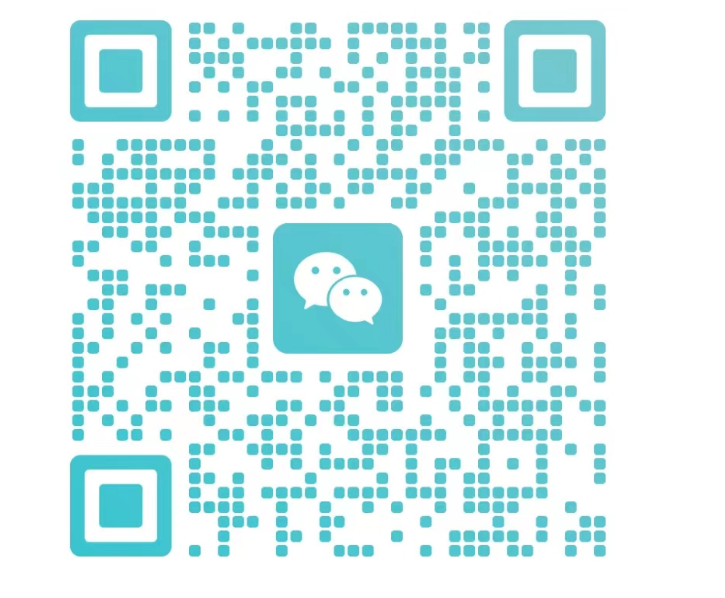Introduction

Human exchange visa, also known as cultural exchange visa, is becoming increasingly popular around the world as governments realize the importance of promoting cultural communication. This type of visa is designed to facilitate exchange programs that bring people from different countries together to share their cultures, experiences, and knowledge. In this article, we will explore the benefits of human exchange visas in enhancing cultural communication.
Benefits of Human Exchange Visas
Human exchange visas play a vital role in promoting cross-cultural understanding, which is a key element in building peaceful relations between nations. Such visas enable young people and professionals to travel and work in different countries, experience new ways of life, and learn new skills. This, in turn, helps to break down barriers of misunderstanding, prejudice, and ignorance, and fosters respect and appreciation for cultural diversity.
In addition, human exchange visas are beneficial for the following reasons:
Expanding global networks and fostering international cooperation
Promoting language learning and intercultural communication skills
Encouraging innovation and new ideas through exposure to different cultures and perspectives
Creating economic benefits through increased tourism and business partnerships
Examples of Human Exchange Programs
Human exchange programs come in various forms, ranging from short-term cultural immersion programs to longer-term academic and professional exchanges. Here are some examples:
Student Exchange Programs
Student exchange programs are among the most popular forms of human exchange programs. These programs allow students to study in a foreign country for a semester or academic year, where they can experience a different culture and education system, learn a new language, and make international friends. Examples of such programs include the Fulbright and Erasmus programs.
Professional Exchange Programs
Professional exchange programs enable young professionals to work in a foreign country for a set period to gain new experiences, knowledge, and skills. These programs are often sponsored by companies, government agencies, or non-profit organizations. For example, the J-1 visa program in the United States enables foreign professionals to work and train for up to 18 months.
Cultural Immersion Programs
Cultural immersion programs allow individuals to experience a different culture firsthand by living with a host family or participating in a community-based program. These programs offer a unique opportunity to learn about a different way of life, traditions, and customs. For example, the WWOOF (World Wide Opportunities on Organic Farms) program allows individuals to work on organic farms in different countries in exchange for room and board.
Conclusion
In conclusion, human exchange visas are an essential tool in enhancing cultural communication, promoting cross-cultural understanding, and breaking down barriers that prevent peaceful relations between nations. With the increasing globalization of our world, it is now more important than ever to invest in human exchange programs that enable us to learn from each other, broaden our horizons, and build a more harmonious and prosperous world.







